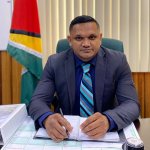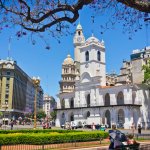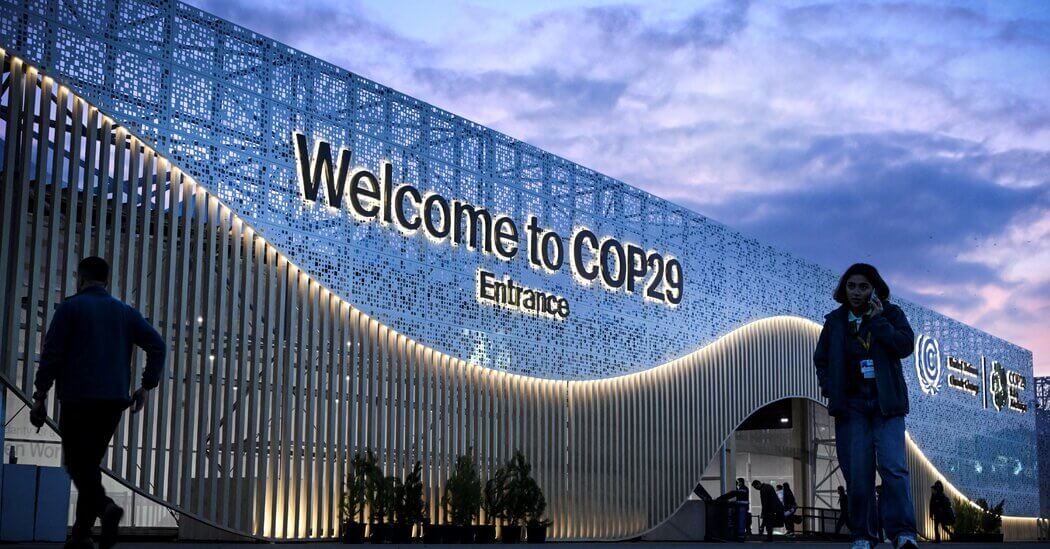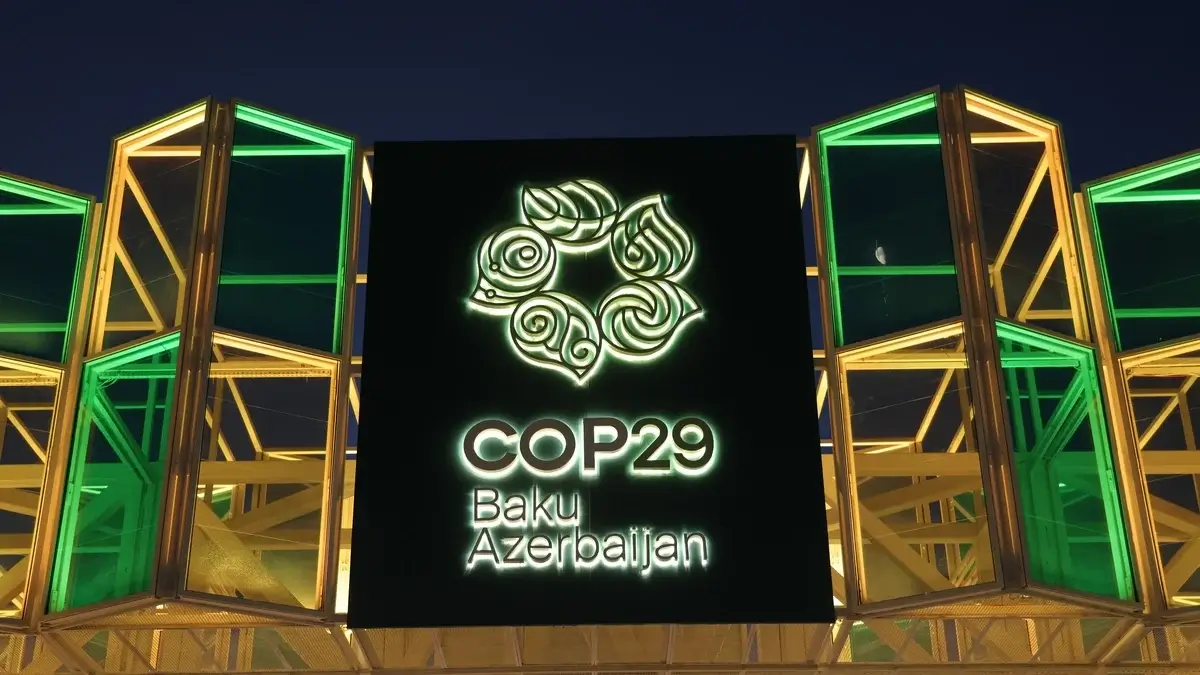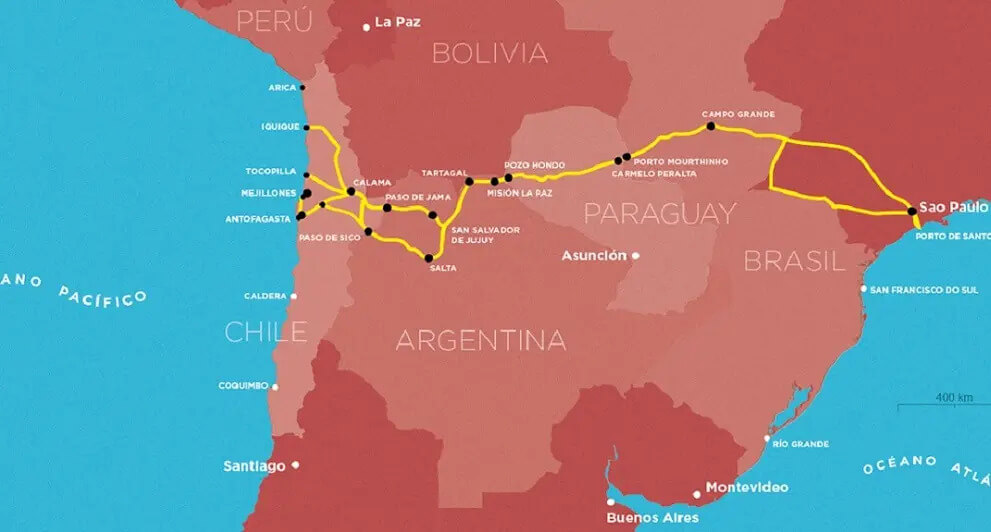JPMorgan refinances El Salvador debt
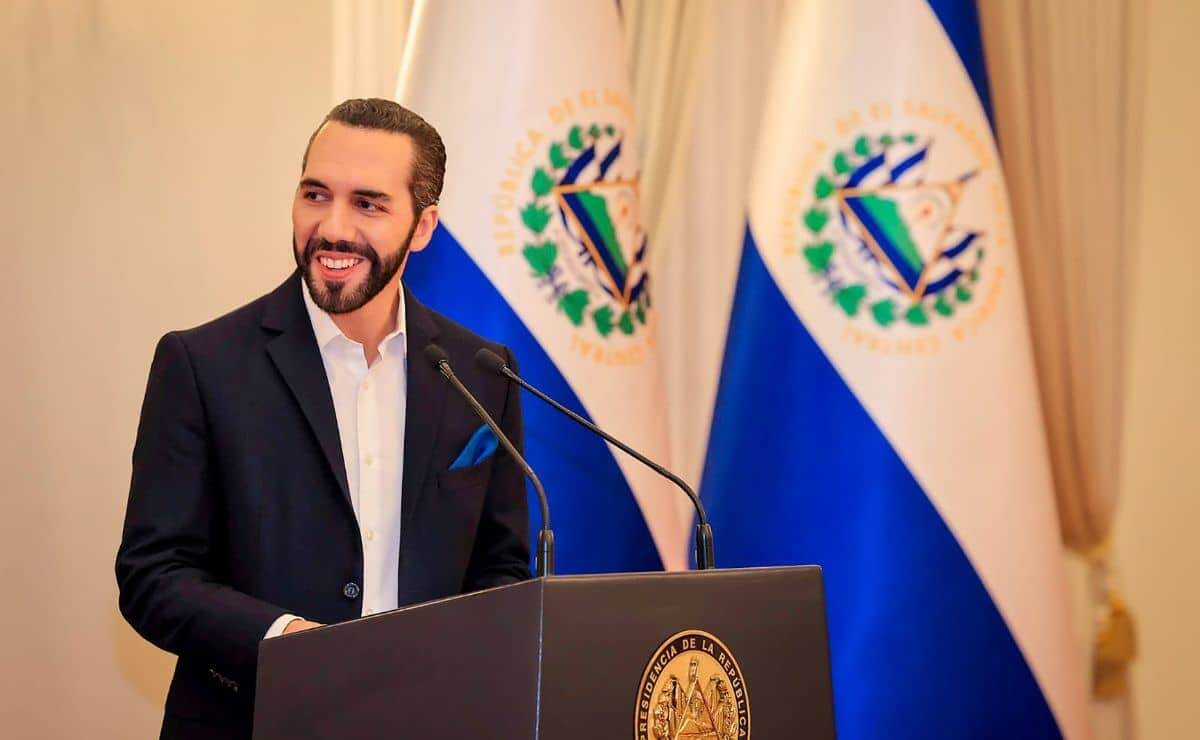
$1bn US-backed loan
eyesonsuriname / financial times
Amsterdam, 23 October 2024– El Salvador has refinanced $1bn of its debt with a US government-backed loan from JPMorgan Chase linked to promises of river conservation, as President Nayib Bukele seeks to put the country on a stronger economic footing.
The Central American nation said on Thursday that it would use the $1bn loan to buy back bonds and use $350mn in savings on debt service to fund the restoration of one of the region’s longest rivers.
“This debt conversion represents the most ambitious and impactful environmental action in El Salvador’s history,” said Bukele.
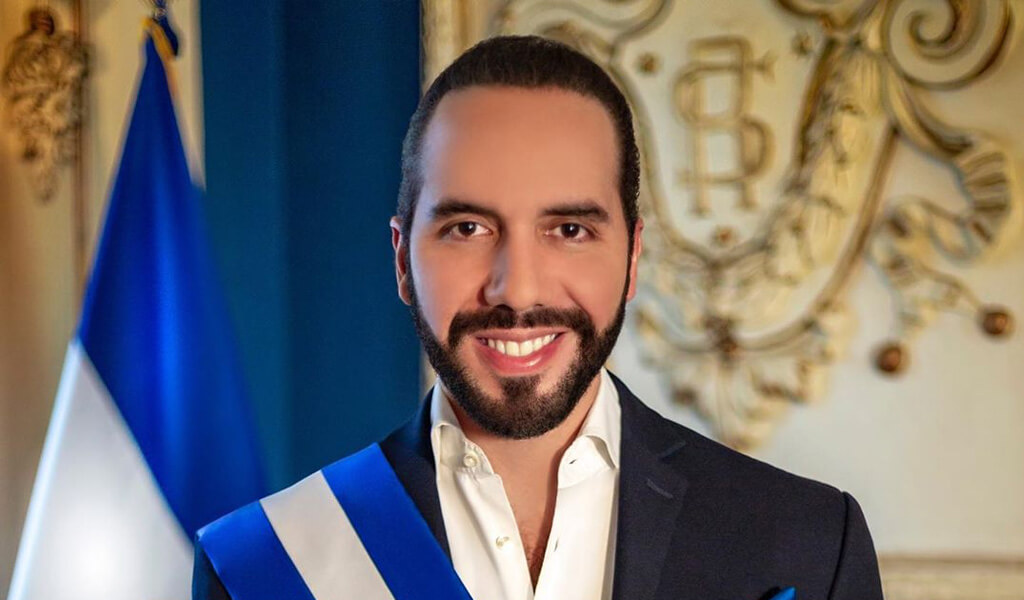
The interest rate on the loan from JPMorgan was not disclosed, but it will be subsidised with political risk insurance from the US Development Finance Corporation, the latest sign of Washington’s shift towards support for Bukele after years of criticism of his democratic backsliding.
The El Salvador deal also reflects the proliferation of so-called debt-for-nature swaps in the market for lending to poor countries, with banks rushing to fund a pipeline of transactions across Latin America, the Caribbean and Africa.
Meanwhile President Nayib Bukele called for countries to shirk the “poison” of human rights and democratic institutions in a U.N. General Assembly speech that included an authoritarian call to action.

What’s happening: Bukele’s popularity has climbed since he responded to a surge in gang violence last year by suspending constitutional rights, enabling people in El Salvador to be arrested on suspicion of gang activity and detained indefinitely without due process.
- Bukele blames outside forces for the violence and incorrectly accuses the international community of turning a blind eye.
- More than 72,000 people – almost 2% of El Salvador’s adult population – have been arrested since then, making it the country with the highest incarceration rate per capita.
Background: The suspension of constitutional rights followed a weekend of gang violence that killed 87 people in just three days. But El Salvador has had a bloody history going back to colonial days.
- El Salvador’s 1980-1992 civil conflict was defined by human rights abuses by both government forces and guerrillas, who kidnapped, tortured, and killed innocent civilians with near total impunity.
- While El Salvador’s streets are safer for most now, fear of the police may be replacing fear of the gangs.

Why it matters: Bukele’s level of political popularity (and, thus, power) is enticing to other would-be authoritarians, particularly in regional countries struggling with violence.
- The “Bukele effect” is apparent in Honduras and the presidential races in Ecuador, Guatemala, and Mexico.
- The Salvadoran model of removing constitutional rights and consolidating power in an executive coup risks further democratic backsliding and destabilization in Latin America.
What should happen next: Ensuring both citizen security and democratic rights should be the goal of the Bukele administration.
- This requires strong democratic institutions, such as judges who can’t be bought, police who operate within clear limits, and political leaders and institutions who work for the people.
- Consolidating power into the hands of one person has never turned into prosperity for a country.
- With support from partners like the U.S., El Salvador should pursue an “off ramp” to the suspension of democracy. Only by restoring civil liberties while keeping the gains made in citizen security can El Salvador move towards true freedom, safety, and prosperity.



